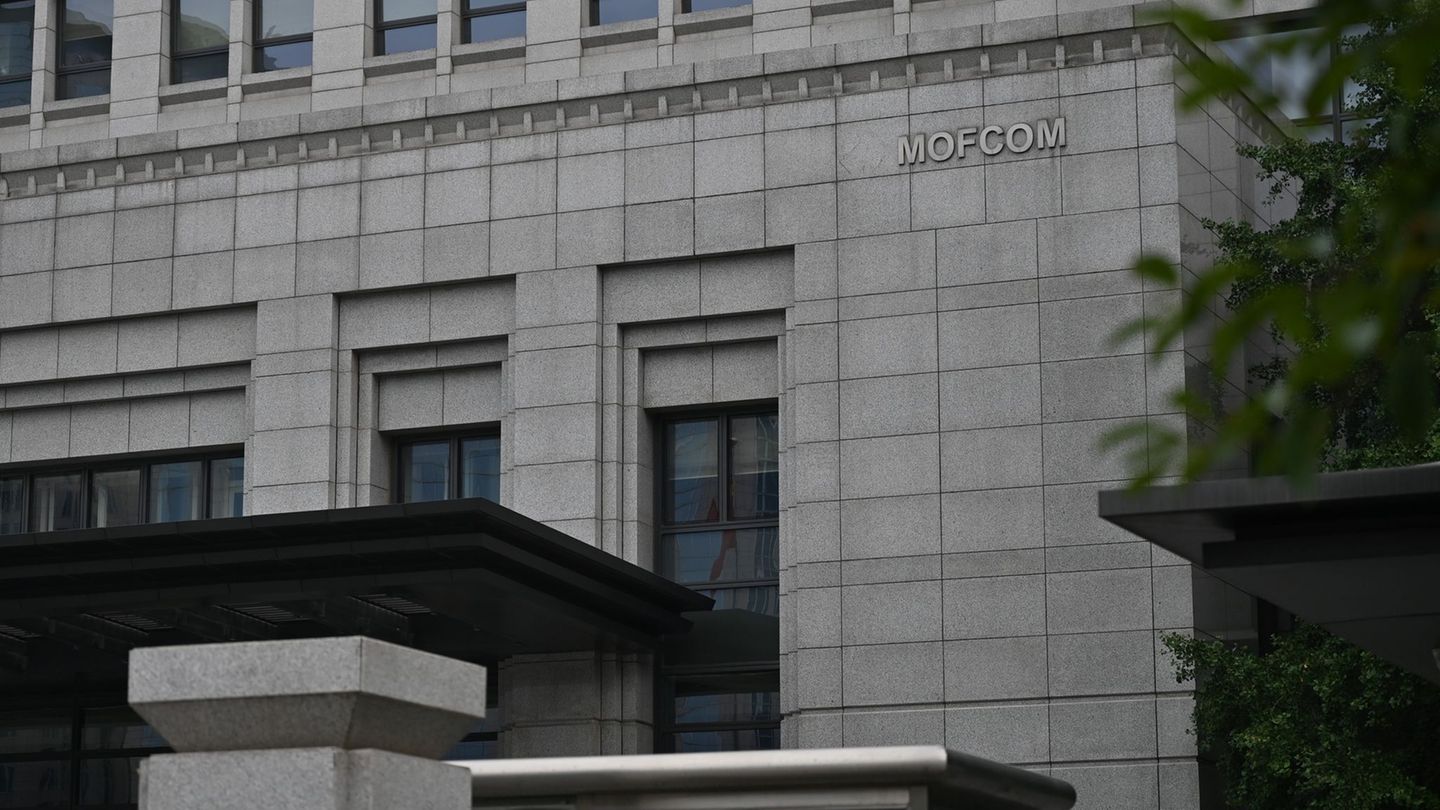The strike by the train drivers’ union GDL has started in parts. Deutsche Bahn’s freight traffic has been on strike since the evening. From tomorrow it will also be uncomfortable for passengers.
After the start of the train drivers’ strike in freight transport, Deutsche Bahn and its passengers are preparing for the industrial action to be extended to passenger transport from tomorrow. Customers can already view the emergency timetable for long-distance and regional transport online, as the railway announced.
The usual timetable information on the Internet shows whether a train is running or not. During previous strikes, only around one in five long-distance trains were on the move, and all others were canceled.
“Due to the limited offer, we advise you to reserve a seat early when traveling on DB long-distance services,” the railway said. “In regional transport there is a greatly reduced range of train journeys during the GDL strike.”
Burdens on the industry
The GDL had already started the strike in freight transport in the evening. The strike there started as planned at 6 p.m., a GDL spokesman said upon request. In particular, industries with a high proportion of rail freight have to reschedule. “The announced six-day rail strike is putting a strain on transport logistics in Germany and Europe and thus also on companies in the German automotive industry,” said the Association of the Automotive Industry (VDA) when asked.
The chemical industry, which also handles a lot of transport by rail, expressed similar views. “The companies immediately developed flexible solutions with their customers and logistics service providers,” said the Association of the Chemical Industry when asked. “But these can only partially compensate for the restrictions and delays in rail logistics.”
The GDL under its boss Claus Weselsky wants to bring large parts of rail traffic to a standstill for around six days. It is the union’s fourth and longest strike to date. The industrial dispute is expected to last until Monday evening, making it the first time in the ongoing collective bargaining dispute to cover a full weekend.
When will negotiations be held again?
The railway again called on the union on Tuesday morning to return to the negotiating table. “It is now time to come together, negotiate, find compromises,” said a spokeswoman in Berlin. “We are ready to come together for negotiations and discussions at any time and any place.”
In addition to financial demands, the collective bargaining dispute primarily revolves around the issue of reducing weekly working hours for shift workers. The GDL wants to reduce this from 38 to 35 hours while keeping the salary the same. The railway has so far offered an option model that provides for a one-hour reduction without financial losses. Anyone who decides against this will instead receive 2.7 percent more money. Union boss Claus Weselsky sees the offer as no basis for further negotiations.
Source: Stern




